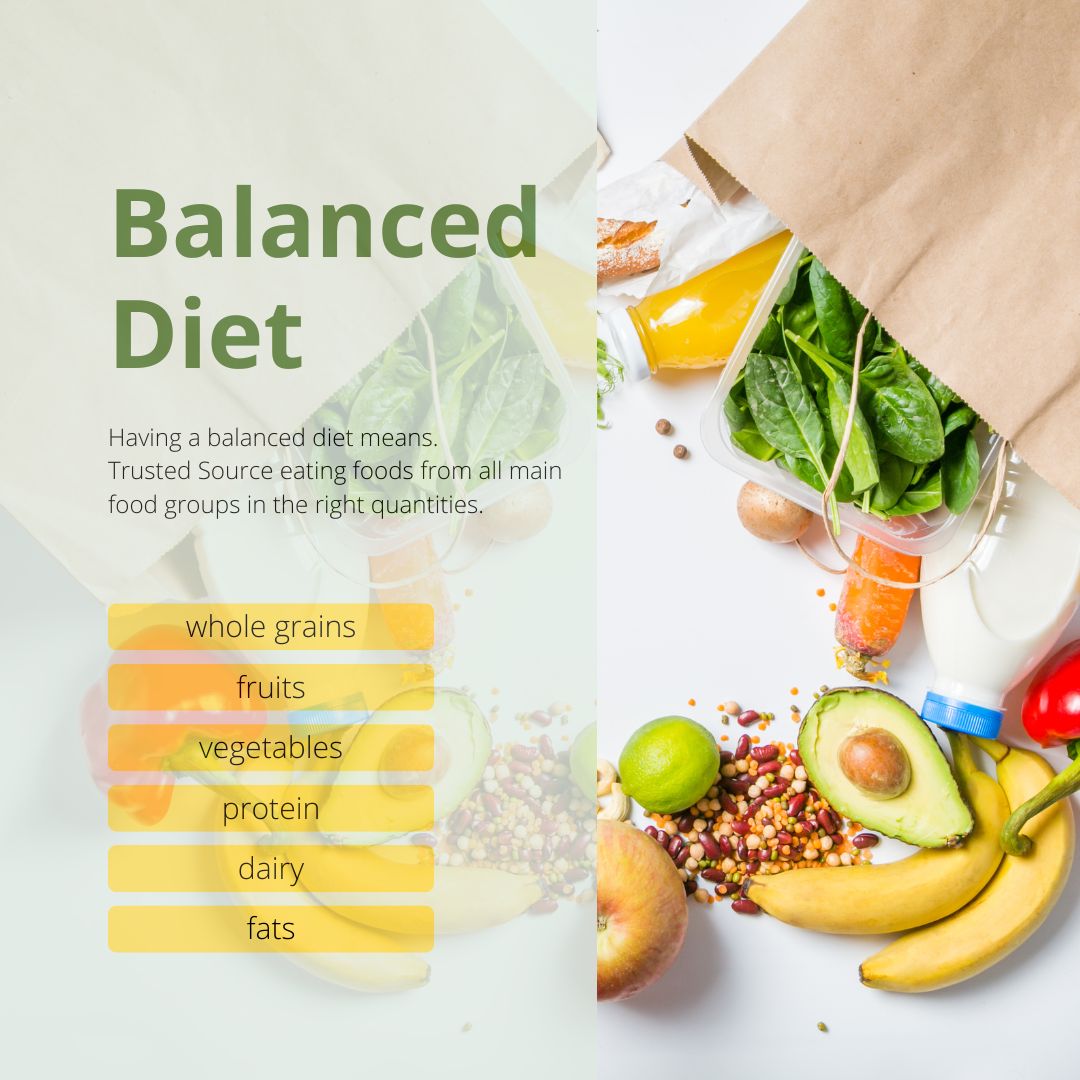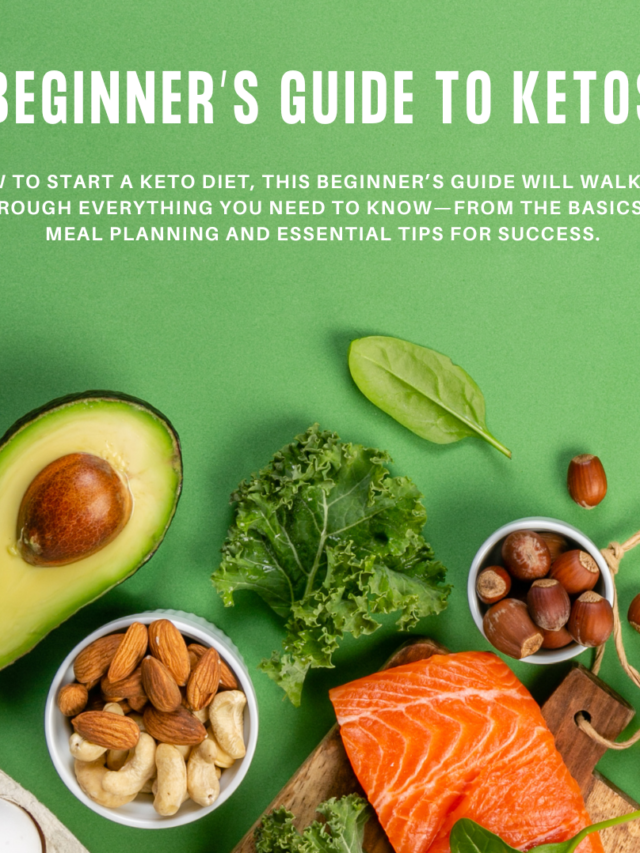How a Balanced Diet Fuels Our Collective Humanity: Connecting Individual Health to Global Wellness
In a world where personal health is increasingly recognized as interconnected with global challenges, a balanced diet plays a pivotal role in shaping not just individual well-being but also our collective future. When we nourish ourselves with healthy foods, the benefits ripple across society, influencing communities, economies, and even the health of the planet. The simple yet profound act of eating well doesn’t just improve our personal vitality—it contributes to global health, economic stability, and environmental sustainability.
This article explores how our individual dietary choices impact not only our own lives but also the broader world around us. By connecting nutrition to global wellness, we can better understand how each healthy choice is part of a greater, collective effort toward a sustainable future.
🌍 Balanced Diet: The Key to Global Wellness & Health 🥗✨
Introduction: Why Global Wellness Starts With What’s on Your Plate 🍽️
In today’s fast-paced world, health challenges are no longer local—they’re global. From rising chronic illnesses to nutritional deficiencies and mental health issues, there’s a growing need to adopt healthier lifestyles. And at the heart of this shift lies one powerful change: a balanced diet.
A balanced diet is not a trend—it’s a necessity. It’s the cornerstone of physical health, mental clarity, emotional stability, and even global sustainability. Whether you’re in New York 🇺🇸 or New Delhi 🇮🇳, what you eat determines how you feel, live, and thrive.
🌟 What Is a Balanced Diet?
A balanced diet provides your body with the essential nutrients, including:
-
🥦 Carbohydrates – for energy
-
🥩 Proteins – for muscle and tissue repair
-
🥑 Fats – for hormone production and brain function
-
🥕 Vitamins and minerals – for immune strength and metabolism
-
💧 Water – for hydration and toxin removal
A well-rounded plate should include a variety of food groups in moderation and appropriate portions to ensure your body functions optimally.
🧠 Top Benefits of a Balanced Diet
Eating a balanced diet daily provides benefits that span across all age groups and regions:
✅ 1. Boosts Immune System 🛡️
Foods rich in vitamin C (citrus fruits 🍊), zinc (nuts, seeds 🥜), and antioxidants (berries 🍓) support immune health and protect against diseases.
✅ 2. Supports Mental Health 🧘
Omega-3 fatty acids (found in fatty fish 🐟 and walnuts) and leafy greens help reduce anxiety, depression, and cognitive decline.
✅ 3. Prevents Chronic Diseases ❤️
A diet low in sugar and trans fats helps prevent diabetes, heart disease, obesity, and high blood pressure.
✅ 4. Improves Energy Levels ⚡
Consuming whole grains, lean proteins, and fresh produce sustains energy and reduces fatigue.
✅ 5. Promotes Digestive Health 🦠
Probiotic-rich foods (like yogurt 🥣 and fermented veggies) and fiber (oats, legumes) ensure a healthy gut.
✅ 6. Enhances Longevity 👵
Cultures with long lifespans—like Japan and parts of the Mediterranean—credit balanced, whole-food diets for their healthy aging.
🗽 USA Focus: Trends and Challenges in American Diets
Despite access to a wide variety of food, the American diet often leans toward high-calorie, low-nutrient options like:
-
🍔 Processed fast food
-
🧁 Sugary beverages and snacks
-
🧂 High-sodium convenience meals
As a result, lifestyle-related conditions like obesity, Type 2 diabetes, and heart disease are rampant. The solution? Reeducating and reintroducing the importance of real, balanced nutrition.
📊 Building a Balanced Plate: The 80/20 Rule
Here’s how to structure your daily meals using the 80/20 rule (80% whole, healthy food & 20% fun, flexible choices):
🥗 50% Vegetables & Fruits
Include colorful veggies like spinach, carrots, bell peppers, and fruits like berries and oranges.
🍞 25% Whole Grains
Go for brown rice, quinoa, oats, or whole-grain bread for lasting energy.
🥩 25% Lean Protein
Options include grilled chicken, tofu, lentils, chickpeas, eggs, and fish.
🥛 Include Healthy Fats & Dairy
Add sources of healthy fats like avocado, nuts, seeds, olive oil, and calcium-rich dairy or plant-based alternatives.
🍱 Global Diet Models That Inspire Balance
🇯🇵 Japanese Diet
Focuses on portion control, seasonal vegetables, seafood, miso soup, and rice—linked to longevity.
🇮🇹 Mediterranean Diet
Packed with olive oil, tomatoes, whole grains, legumes, nuts, and fish—renowned for heart health.
🇮🇳 Indian Ayurvedic Approach
Encourages balance of the six tastes: sweet, sour, salty, bitter, pungent, and astringent using herbs, spices, and grains.
💡 Practical Tips to Maintain a Balanced Diet Daily
🛒 Plan and prep meals for the week
🥤 Stay hydrated with 8+ glasses of water
🌈 Eat the rainbow—more color means more nutrients
🍳 Cook at home to control ingredients
📦 Read labels to avoid hidden sugars or trans fats
⏱️ Don’t skip meals to keep metabolism steady
💤 Get enough sleep—sleep affects hunger hormones
🌱 Balanced Diet = Sustainable Planet
Your food choices impact not just your body but the planet:
-
🐄 Reducing red meat = lower greenhouse gas emissions
-
🥬 Eating more plants = less deforestation and water waste
-
🍽️ Reducing food waste = improved resource use globally
Eating local, seasonal, and plant-forward isn’t just smart for your body—it’s a win for the earth too 🌍💚.
📈 Trending U.S. Keywords (Long & Short Tail)
✅ Long-Tail Keywords:
-
“how to eat a balanced diet for energy”
-
“balanced diet meal plan for Americans”
-
“foods for long-term wellness USA”
-
“immune-boosting balanced meals”
✅ Short Keywords:
-
balanced diet
-
global wellness
-
healthy eating USA
-
nutrition for immunity
-
clean eating plan
🧾 Sample 1-Day Balanced Diet Plan (For Adults)
| Meal | Examples |
|---|---|
| Breakfast 🍳 | Oatmeal with almond milk, banana 🍌, chia seeds, green tea 🍵 |
| Snack 🥜 | Greek yogurt + handful of almonds |
| Lunch 🥗 | Grilled chicken, quinoa, steamed broccoli, olive oil |
| Snack 🍎 | Apple with peanut butter |
| Dinner 🍛 | Baked salmon, sweet potato, mixed greens |
| Hydration 💧 | Water, infused with lemon & mint |
🧠 Final Thoughts: Wellness Begins with Your Next Bite 🍴
Global health starts with individual food choices. When you fuel your body with balance, you empower yourself—and contribute to a healthier world. Whether you’re managing chronic disease, boosting immunity, or simply wanting to feel your best—start with a balanced plate.
It’s not a fad. It’s a foundation for life. 🌿✨
💬 Ready to take the first step toward global wellness?
👉 Start by planning one balanced meal today. Your body—and the planet—will thank you!


